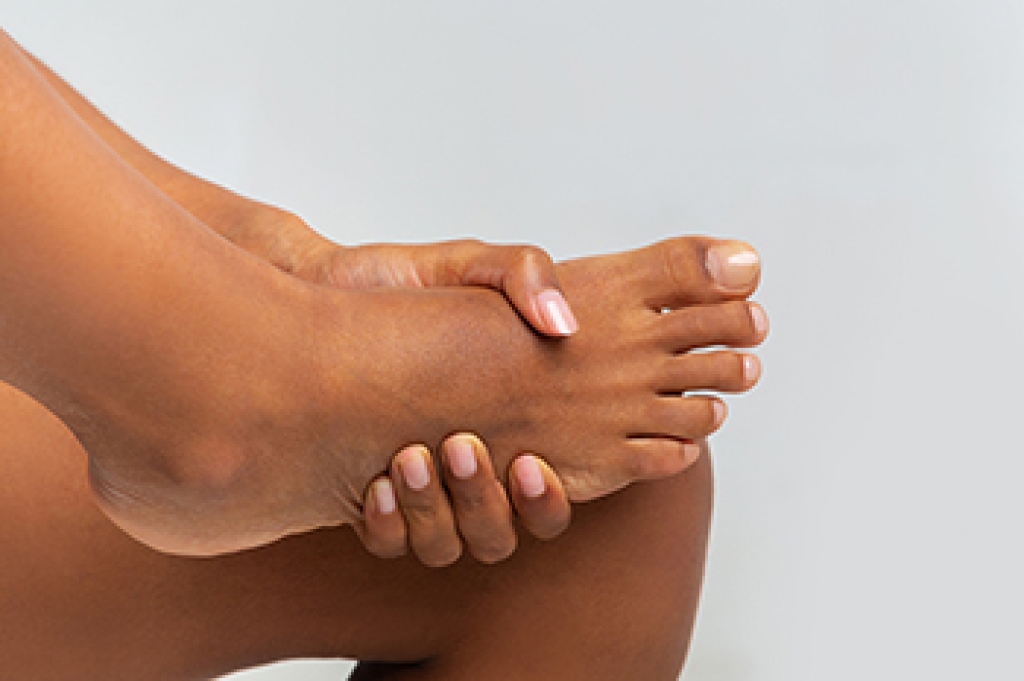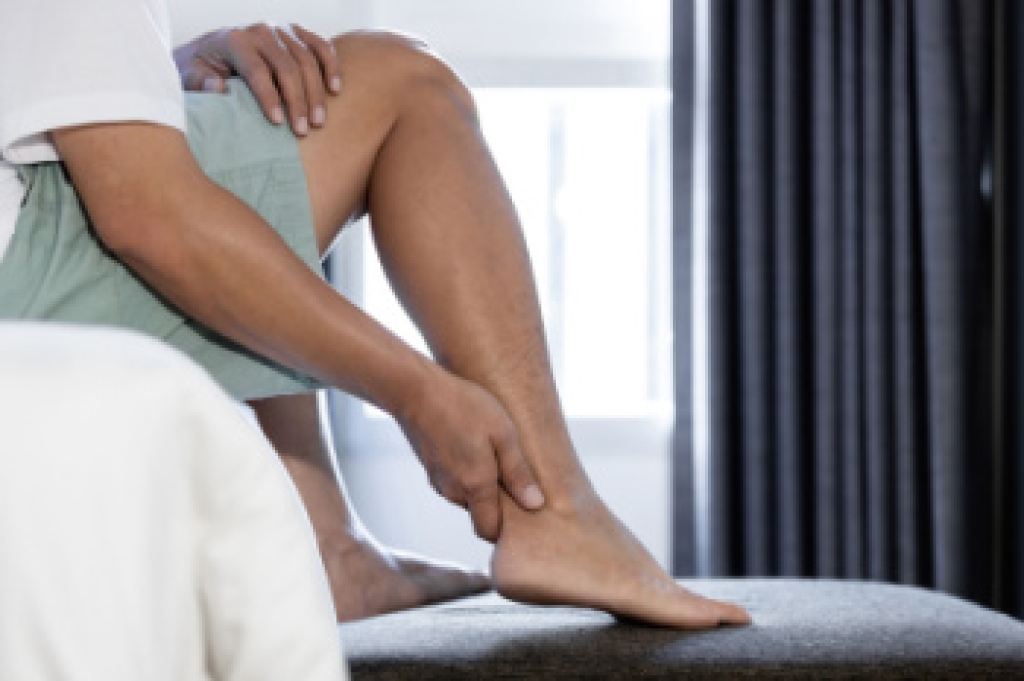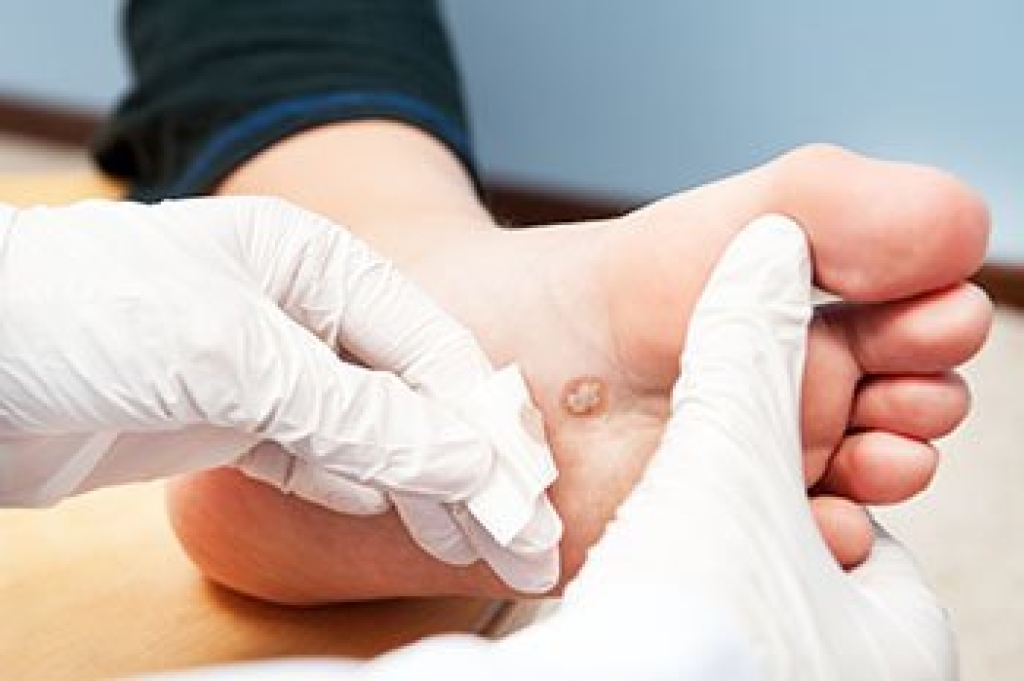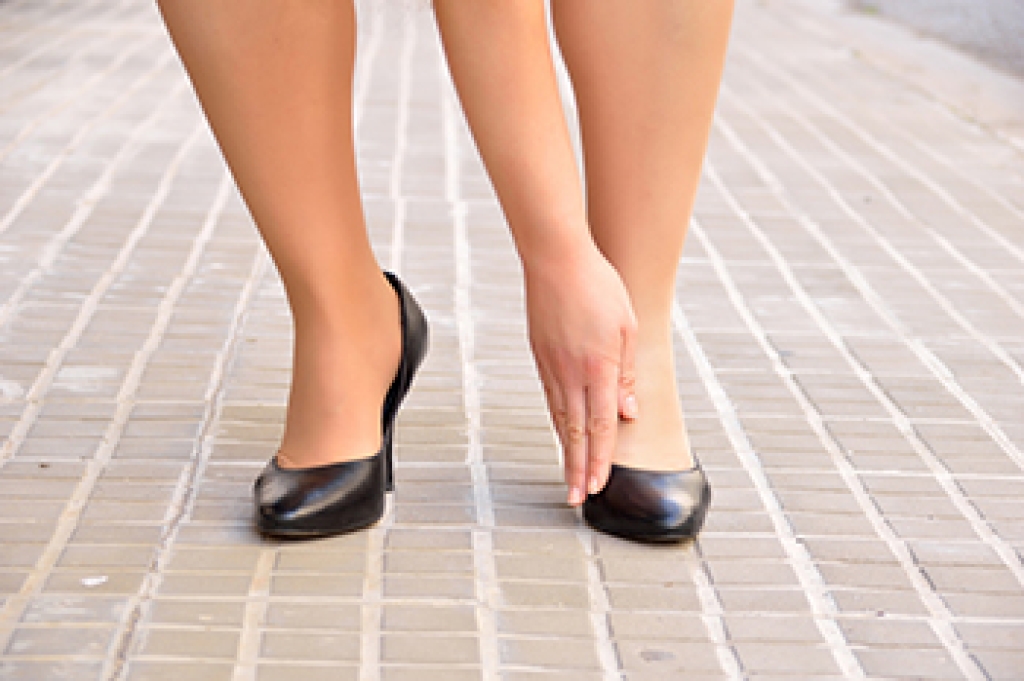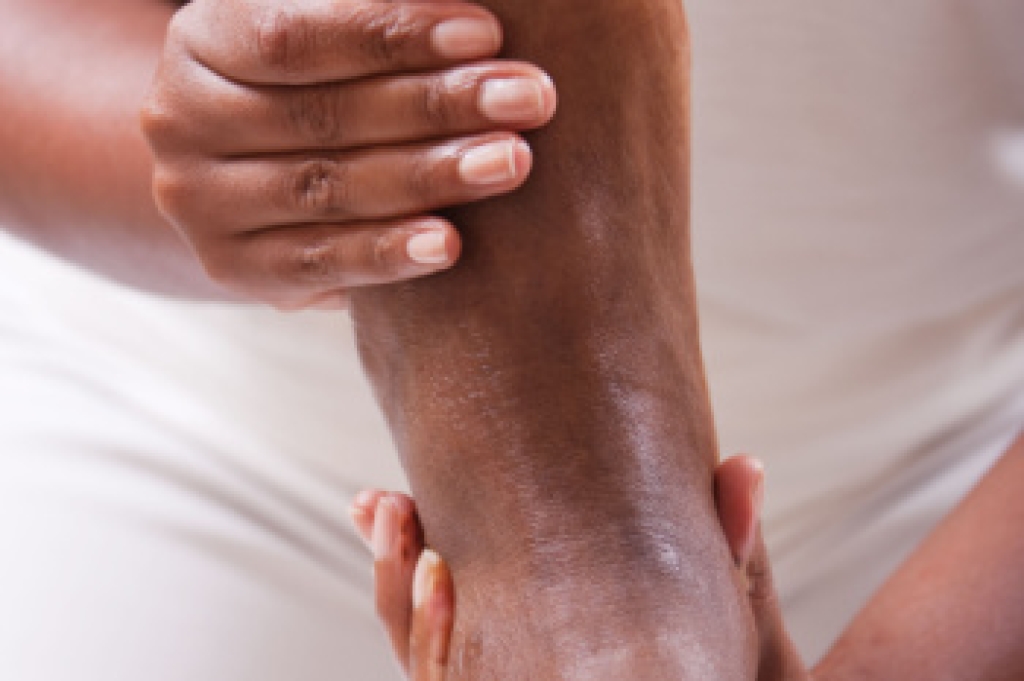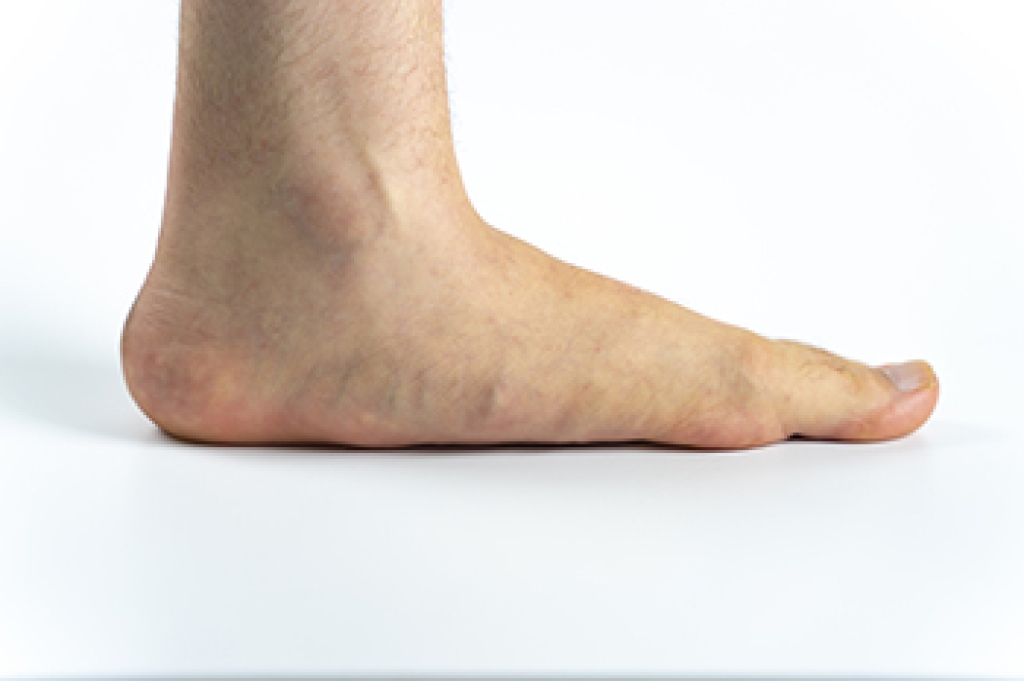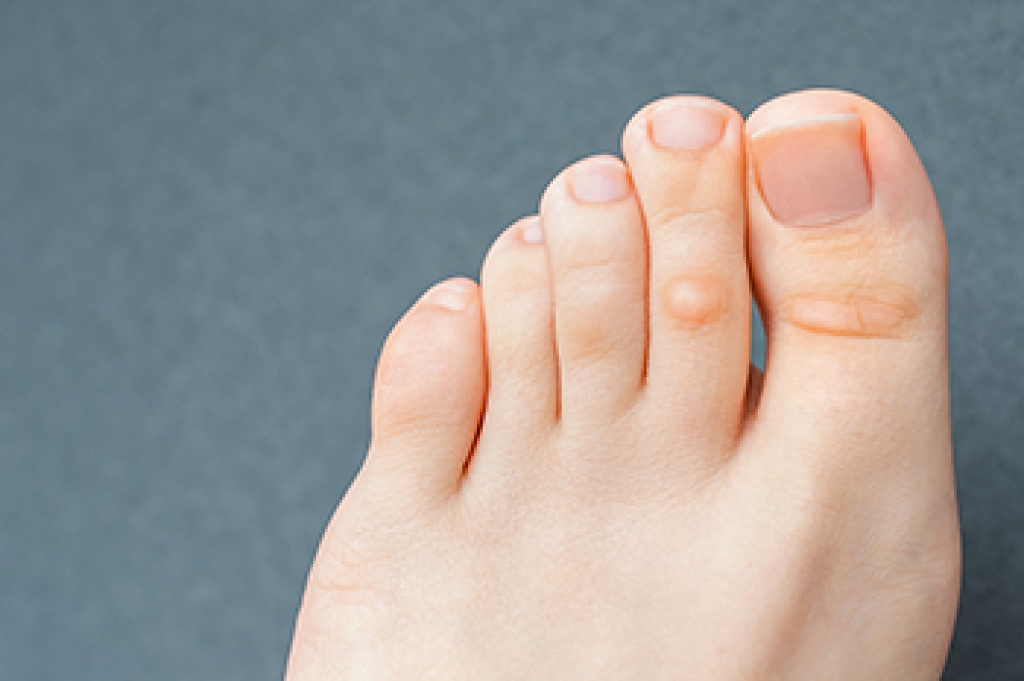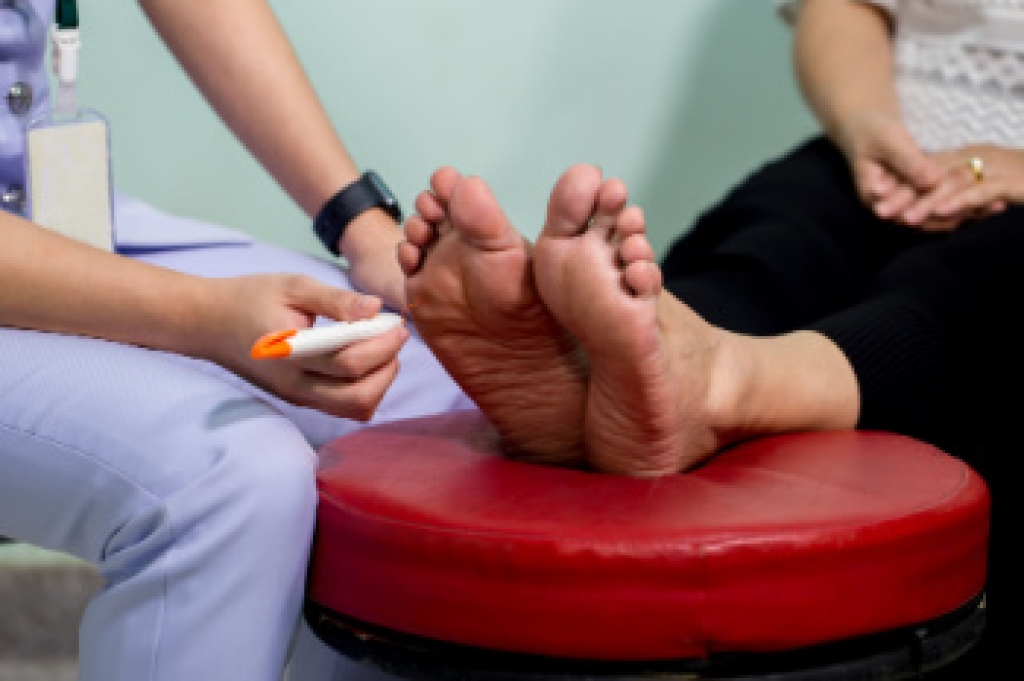
Peripheral neuropathy occurs when nerves outside the brain and spinal cord are damaged, disrupting communication with the feet. Many patients first notice numbness, tingling, burning, or sharp shooting pain that often begins in the toes and gradually spreads upward. Reduced sensation can make it difficult to feel temperature, pressure, or injury, increasing the risk of unnoticed blisters, sores, and balance problems while walking. Diabetes is the most common cause, as long-term elevated blood sugar damages nerve fibers and circulation. Other causes include traumatic injury, poor blood flow, infections, autoimmune disorders, vitamin deficiencies, kidney or liver disease, toxin exposure, and certain cancers. A podiatrist can perform neurological and vascular testing, evaluate skin integrity, manage pressure areas, and provide medical care to help prevent infection and tissue breakdown. If you have foot problems associated with peripheral neuropathy, it is suggested that you make an appointment with a podiatrist for an exam, diagnosis, and ongoing treatment.
Neuropathy
Neuropathy can be a potentially serious condition, especially if it is left undiagnosed. If you have any concerns that you may be experiencing nerve loss in your feet, consult with one of our podiatrists from Pennsylvania Foot & Ankle. Our doctors will assess your condition and provide you with quality foot and ankle treatment for neuropathy.
What Is Neuropathy?
Neuropathy is a condition that leads to damage to the nerves in the body. Peripheral neuropathy, or neuropathy that affects your peripheral nervous system, usually occurs in the feet. Neuropathy can be triggered by a number of different causes. Such causes include diabetes, infections, cancers, disorders, and toxic substances.
Symptoms of Neuropathy Include:
- Numbness
- Sensation loss
- Prickling and tingling sensations
- Throbbing, freezing, burning pains
- Muscle weakness
Those with diabetes are at serious risk due to being unable to feel an ulcer on their feet. Diabetics usually also suffer from poor blood circulation. This can lead to the wound not healing, infections occurring, and the limb may have to be amputated.
Treatment
To treat neuropathy in the foot, podiatrists will first diagnose the cause of the neuropathy. Figuring out the underlying cause of the neuropathy will allow the podiatrist to prescribe the best treatment, whether it be caused by diabetes, toxic substance exposure, infection, etc. If the nerve has not died, then it’s possible that sensation may be able to return to the foot.
Pain medication may be issued for pain. Electrical nerve stimulation can be used to stimulate nerves. If the neuropathy is caused from pressure on the nerves, then surgery may be necessary.
If you have any questions, please feel free to contact one of our offices located in Bensalem, Philadelphia, Northeast Philadelphia, Yardley, PA, and Hamilton, NJ . We offer the newest diagnostic and treatment technologies for all your foot care needs.
